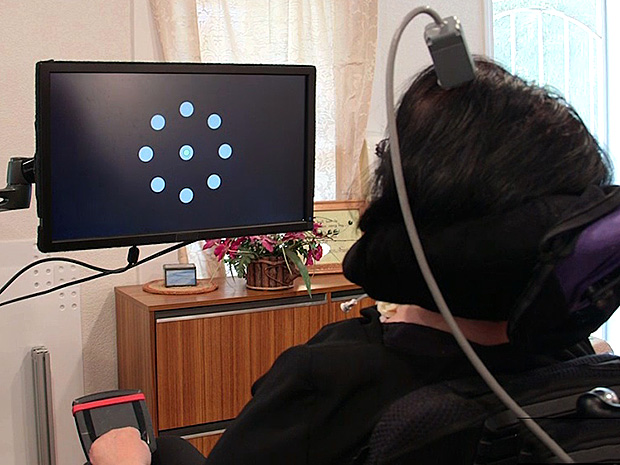
Typing six words per minute may not sound very impressive. But for paralyzed people typing via a brain-computer interface (BCI), it’s a new world record.
To pull off this feat, two paralyzed people used prosthetics implanted in their brains to control computer cursors with unprecedented accuracy and speed. The experiment, reported today in Nature Medicine, was the latest from a team testing a neural system called BrainGate2. While this implant is only approved for experiments right now, researchers say this demonstration proves that such technology can be truly useful to quadriplegics, and points the way toward regular at-home use.
via IEEE Spectrum
Image: Stanford University/Nature Medicine





